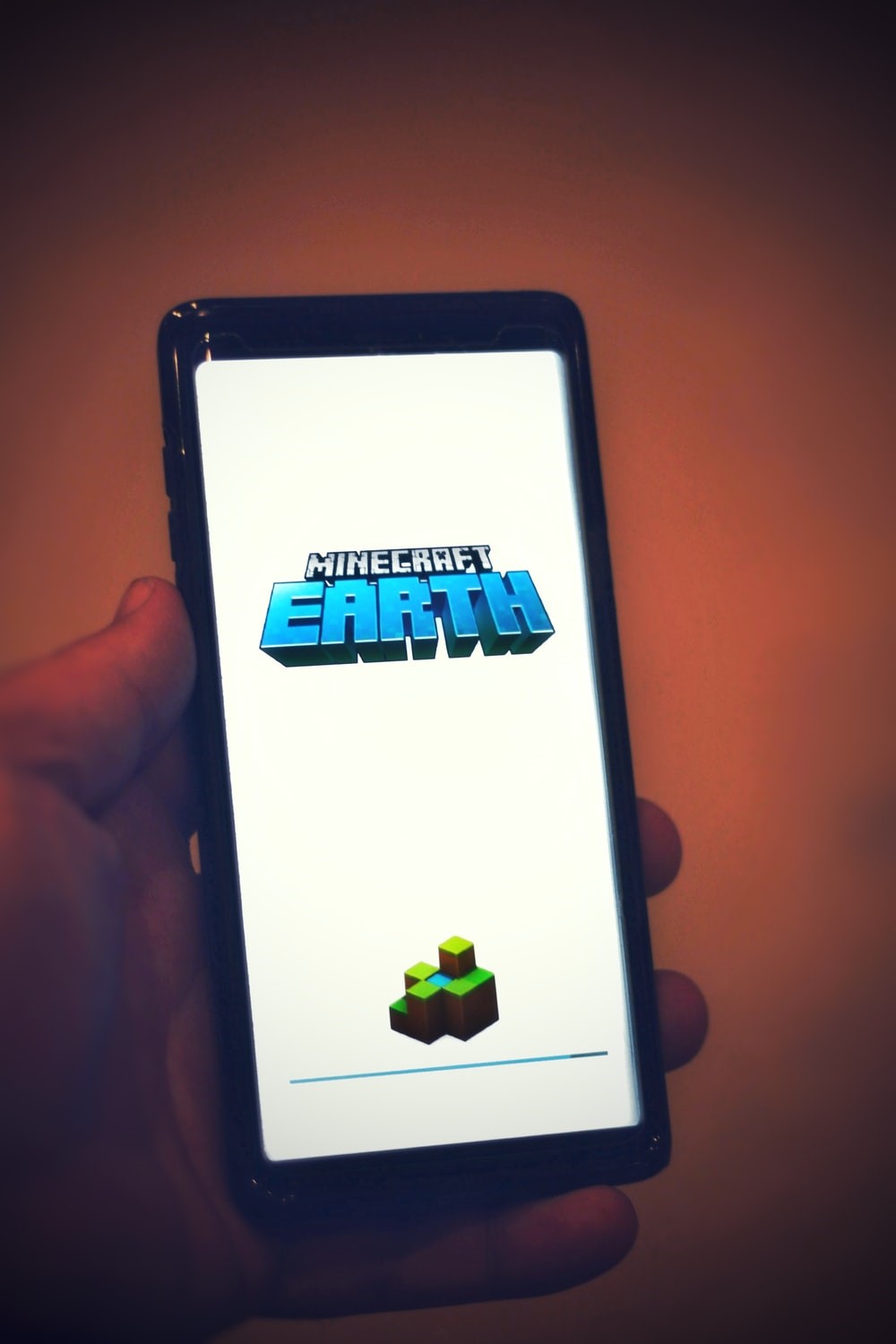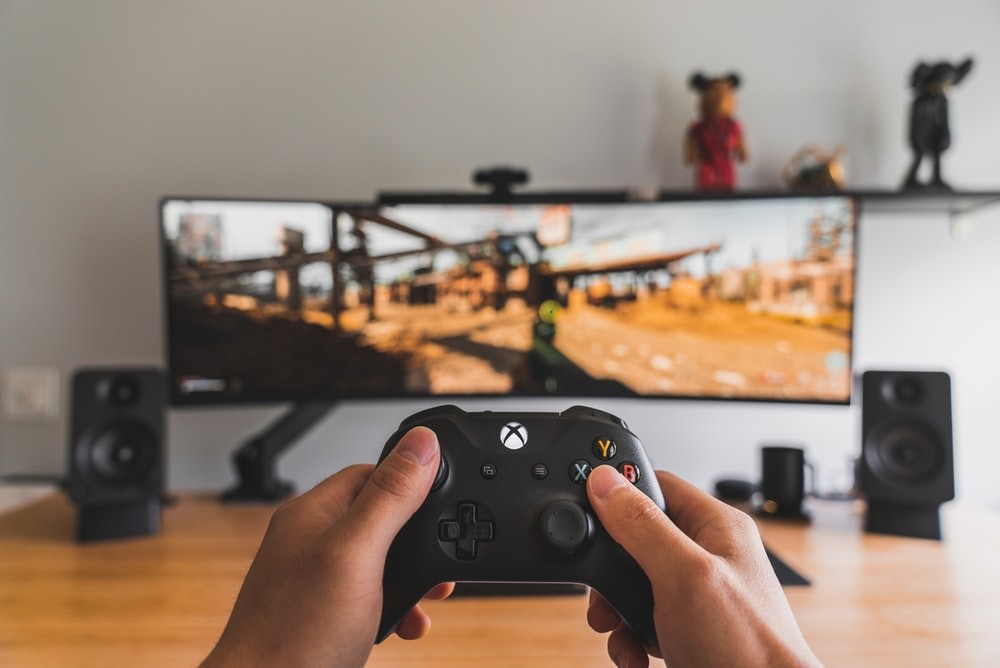How can you not see the importance of mobile apps when you look at the statistics? For instance, mobile users spend 86% of their time on applications, which is a significant number. Furthermore, the majority of the users who make up this percentage are gamers, with gaming accounting for 32% of the time spent on iOS devices. Mobile games, meanwhile, account for 33% of all installs.
The idea that apps are being replaced then doesn’t sound logical. But substitutes are increasing in popularity among iPhone and iPad gamers, even if they aren’t as dominant as mobile apps yet. However, they could be if the industry continues to expand, and these are the reasons why.

Gaming Apps Aren’t Always Available
The main problem iPhone users have is a lack of accessibility. The App Store provides access to millions of mobile applications around the world, so it’s wrong to say that the platform isn’t extensive. However, regarding gaming apps, it isn’t as comprehensive as it is in other areas. A prime example is the battle between Apple and Epic Games surrounding Fortnite.
Until the argument is settled, gamers won’t be able to play a plethora of incredibly famous and popular titles, including pretty much anything developed by the game's developer and publisher. People who lose out the most are those who want to have high-quality experiences without having to worry about their device of choice. At the moment, Apple isn’t putting owners’ minds at ease, not those who value gaming entertainment above the other features the software giant offers.
Casino games also tie in with the availability of certain releases. Although many providers do have applications, a lot focus their attention on online offerings because they provide key features that are hard to replicate. The best online slots games, for example, utilise striking themes, tournaments and jackpots that most gamers won’t find in apps, which is why desktop platforms are significantly important to the industry’s success. If you don’t want to miss out, an application might not be the way forward.
Crashes Are a Way of Life
Mobile apps must compete with an audience that won’t put up with excuses. Did you know that nearly two-thirds of people expect an app to fire up within four seconds? 50% believe responses should happen in two seconds or less. If apps don’t live up to expectations, 53% of people will uninstall them permanently.
The problem is that apps do tend to crash, particularly if they are in the early stages of their development. You might assume that the developers wouldn’t release anything until they are sure it works, but industry demand and a need to keep up with the competition encourage them to hit the App Store pronto. It doesn’t matter whether the machine learning or predictive analytics elements are fine-tuned if no one will download the app when everything is ready.
As a result, gamers have to put up with glitches that ruin the gaming experience. Regardless of whether there has been inadequate testing or the API needs tweaking, you can’t afford to waste your time on releases and platforms that are below-par, not when alternatives are available.
Cross-Gaming Apps Aren’t Ready Yet
There’s talk surrounding apps that will allow traditional software and hardware to function on a mobile level. The biggest step forward is the release of Microsoft’s xCloud, a cloud computing function that lets players pick up where they left off on their consoles on their phones and tablets.

Unfortunately, it’s only available on Android devices until some point in 2021. Even when it does hit the App Store, it won’t be the norm as Sony and Nintendo are sticking to their current strategies. As a result, these types of apps are only pushing Apple gamers towards substitutes.
Maybe this will change in the long-term, but for now, the crashes and lack of accessibility make app-replacements very appealing for gamers who own iPhones and iPads.








